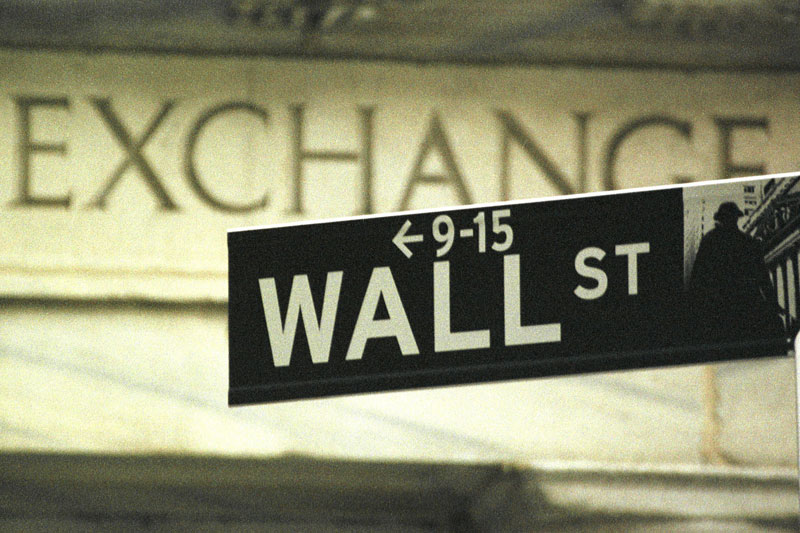Investing.com’s stocks of the week
By Geoffrey Smith
Investing.com -- U.S. stock markets opened sharply higher on Wednesday as positive news from a trial of Gilead Science's (NASDAQ:GILD) experimental drug remdesivir upstaged the worst U.S. GDP report in nearly 12 years.
By 10 AM ET (1400 GMT), the Dow Jones Industrial Average was up 465 points, or 1.9%, at 24,567 points. The S&P 500 was up 2.2% and the Nasdaq Composite was up 2.6%.
The Nasdaq (NASDAQ:NDAQ) was helped by a strong contribution from Alphabet (NASDAQ:GOOGL) stock, which rose 7.8% after better-than-expected first-quarter results. Chief financial officer Ruth Porat told an analyst call that there had been no further big drops in advertising revenue in April after a sharp fall in March. YouTube, one of the company's biggest cash cows, raked in $4 billion in the quarter, a rise of 33% from a year earlier.
Earlier, Gilead had said that a stage 1 trial of remdesivir had shown that the retroviral drug helped improve symptoms in Covid-19 patients who were given the drug early. The effect on those who were given it at a later stage were not as positive.
Interest in Gilead's drug has been high as there are currently no approved treatments or preventive vaccines for Covid-19, something that analysts say leaves the global economy vulnerable to secondary waves of infection over the next year or two. Gilead stock rose 5.9% at opening to within a couple of percent of the two-year high it earlier in April.
The prospect of progress in finding a cure lifted airline and cruise stocks disproportionately, on the perception that they have most to gain from the boost to public confidence from having a readily available treatment for the disease.
The same reasoning also lifted the price of crude oil. U.S. crude futures extended gains to be up 24.5% at $15.38 a barrel by 10 AM ET. The international Brent contract rose 7.2% to $24.38.
The news deflected attention away from the weakest report for U.S. gross domestic product in almost 12 years. The economy shrank by an annualized 4.8% in the first quarter, even more than expected by analysts, as personal consumption slumped in response to mass layoffs as state authorities issued a barrage of lockdown orders through March.
The collapse was also reflected in a wider-than-expected loss of $1.7 billion for Boeing. Boeing (NYSE:BA) stock still rose 5.7% after Reuters reported that the company is preparing to cut around 10% of its workforce as it brings production down into line with a much lower level of expected future demand.
One underperformer was Advanced Micro Devices (NASDAQ:AMD) stock, which fell 3.5% after the chipmaker lowered the bottom end of its guidance for 2020 sales growth to 20% from 28% previously.
